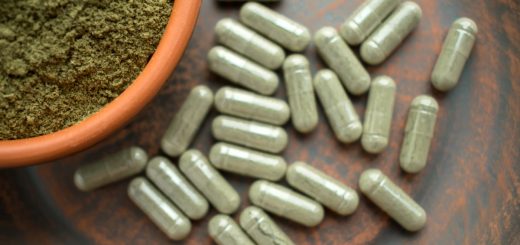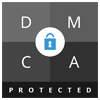What Is Colorectal Cancer And Its Symptoms?
In today’s world, colorectal cancer is the third most common cancer in the world. Colorectal cancer generally affects older people, but it can happen at any age.
What is colorectal cancer?
Cancer that begins in the large intestine is known as colorectal cancer and cancer that begins in the rectum is known as rectal cancer. Cancer that grows in either of these organs may be termed colorectal cancer. The disease begins with clumps of cells known as polyps which form inside the large intestine. After the time it goes through several mutations and these clumps of polyps become colon cancers. Polyps are small and produced in few numbers in the early stage. Therefore, it is recommended to have a regular screening test to prevent colorectal cancer by identifying and removing the polyps before they turn into health-hazardous cancer.
Many treatments can cure colorectal cancer such as surgery, radiation therapy, drug treatments, chemotherapy, targeted therapy, and immunotherapy. Find out more from Advanced Colorectal and General Surgery’s colorectal surgery in Singapore.
Symptoms of colorectal cancer
Colorectal cancer symptoms include:
- A change in bowel habits such as constipation, diarrhea, or feeling that the bowel is not empty.
- Bright red or very dark blood in the stool.
- Narrowing of stool that lasts for more than a few days.
- Rectal bleeding with bright red blood.
- Cramping or abdominal pain.
- Unintended weight loss and iron deficiency.
- Tiredness and fatigue.

Colorectal cancers can often cause bleeding in the digestive system. With continuous bleeding, the blood loss can lead to low red blood cells resulting in anemia. Most people with colorectal cancer do not experience any symptoms in the early extent of cancer.
Factors that may increase the risk of colorectal cancer
Factors that can increase the risk of colon and rectal cancer involve:
- Older age: – Studies show that majority of people with colon cancer are older than 50 years. However, colorectal cancer occurs at any stage of life. The rates of colorectal cancer have been increasing in younger people.
- Inflammatory intestinal conditions: – Chronic inflammatory diseases of the large intestine such as ulcerative colitis and Crohn’s disease, may increase the risk of colon and rectal cancer.
- Low fiber and high-fat diet: – A diet with low fiber and high in fat and calories increases the risk of colorectal cancer.
- Sedentary lifestyle: – People who are inactive in physical work have more chance to develop colon and rectal cancer. Getting involved in regular physical activity may reduce the risk of colorectal cancer.



















